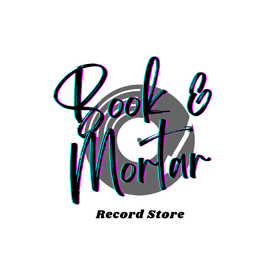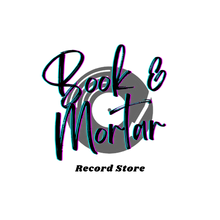
The Metamorphosis -- Franz Kafka - Paperback
Author: Franz Kafka
Publisher: Bantam Classics
Published: 02/01/1972
Pages: 224
Binding Type: Paperback
Weight: 0.24lbs
Size: 6.94h x 4.36w x 0.51d
ISBN: 9780553213690
Accelerated Reader:
Reading Level: 10.5
Point Value: 12
Interest Level: Upper Grade
Quiz #/Name: 58068 / Metamorphosis
About the Author
Franz Kafka was born in 1833 to a well-to-do middle-class Jewish family. His father, the self-made proprietor of a wholesale haberdashery business, was a domineering man whose approbation Franz continually struggled to win. The younger Kafka's feelings of inadequacy and guilt form the background of much of his work and are made explicit in his "Letter to His Father" (excerpted in this volume), which was written in 1919 but never sent. Kafka was educated in the German language schools of Prague and at the city's German University, where in 1908 he took a law degree. Literature, however, remained his sole passion. At this time he became part of a literary circle that included Franz Werfel, Martin Buber, and Kafka's close friend Max Brod. Encouraged by Brod, Kafka published the prose collection Observations in 1913. Two years later his story "The Stoker" won the Fontaine prize. In 1916 he began work on The Trial and between this time and 1923 produced three incomplete novels as well as numerous sketches and stories. In his lifetime some of his short works did appear: The Judgment (1916), The Metamorphosis (1916), The Penal Colony (1919), and The Country Doctor (1919). Before his death of tuberculosis in 1924, Kafka had charged Max Brod with the execution of his estate, ordering Brod to burn the manuscripts. With the somewhat circular justification that Kafka must have known his friend could not obey such an order, Brod decided to publish Kafka's writings. To this act of "betrayal" the world owes the preservation of some of the most unforgettable and influential literary works of our century.


